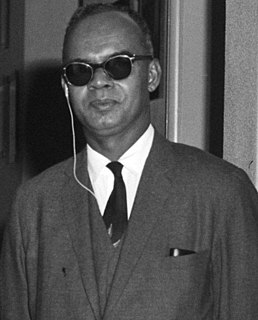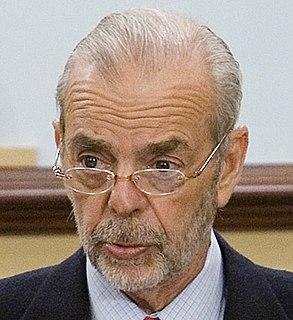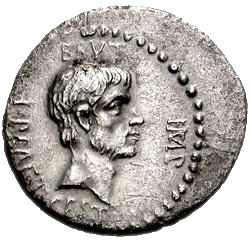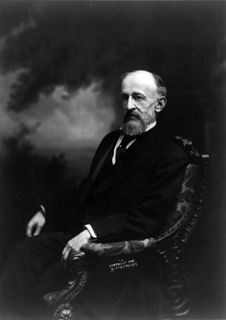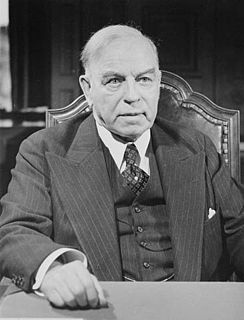A Quote by George Bancroft
The best government rests on the people, and not on the few, on persons and not on property, on the free development of public opinion and not on authority.
Quote Topics
Related Quotes
In a free society with a government based on reason, it is inevitable that there will be no uniform opinion about important issues. Those accustomed to suppression and control by governmental authority see this as leading only to chaos. But a government of the people requires difference of opinion in order to discover truth and to take advantage of the opportunity that only understanding brings.
In civilized communities, property as well as personal rights is an essential object of the laws, which encourage industry by securing the enjoyment of its fruits; that industry from which property results, and that enjoyment which consists not merely in its immediate use, but in its posthumous destination to objects of choice, and of kindred affection. In a just and free government, therefore, the rights both of property and of persons ought to be effectually guarded.
Democracy, finally, rests on a higher power than Parliament. It rests on an informed and cultivated and alert public opinion. The Members of Parliament are only representatives of the citizens. They cannot represent apathy and indifference. They can play the part allotted to them only if they represent intelligence and public spiritness.
I think polling is the best way of gauging public opinion - doing something that's independent, that's quantitative, that doesn't give just the loud voices about how things are going; or doesn't give so called experts the notion that they know what public opinion is. I think that's what makes public opinion polling pretty important. Qualitative assessments of public opinion; going out and talking to people and understanding the nuance to what's behind the numbers. I think it's awfully important as well.
The 'public' is a phantom, the phantom of an opinion supposed to exist in a vast number of persons who have no effective interrelation and though the opinion is not effectively present in the units. Such an opinion is spoken of as 'public opinion,' a fiction which is appealed to by individuals and by groups as supporting their special views. It is impalpable, illusory, transient; "'tis here, 'tis there, 'tis gone"; a nullity which can nevertheless for a moment endow the multitude with power to uplift or destroy.
The conception that government should be guided by majority opinion makes sense only if that opinion is independent of government. The ideal of democracy rests on the belief that the view which will direct government emerges from an independent and spontaneous process. It requires, therefore, the existence of a large sphere independent of majority control in which the opinions of the individuals are formed.
This is the first nation that organized government on the basis of universal liberty with a free Church and a free State. This meant much at the time; it means much now and will continue to be the beacon of light and guidance for ourselves and of other nations. All that is good and practical and wise in the new developments can best be worked out under our form of government without destroying any of the basic principles upon which it rests.





